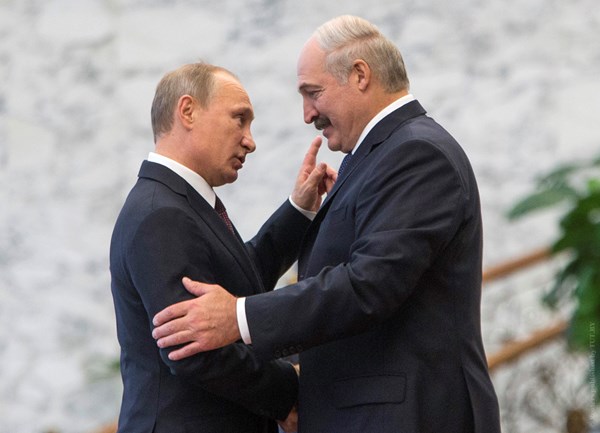Lukashenko asks Putin for another $3 billion
President of Belarus Alexander Lukashenko is counting on a new loan from Russia in addition to the $1.5 billion allocated by Moscow in August.
At the end of February, Lukashenko intends to fly to Sochi for talks with Russian President Vladimir Putin, where the agreement on a new Russian loan will be finalized.
Lukashenko wants another $3 billion. He asked the Kremlin for permission to spend the funds left over from the previous loan for the construction of the Belarusian nuclear power plant, Kommersant reports, citing sources in the Russian government.
According to one of the sources, the agreement has practically been reached. Only the amount and terms are currently discussed.
Lukashenko asks for $3 billion at a minimum. Moscow is ready to provide 3-3.5 billion dollars.
In return, Russia expects Lukashenko to carry out the constitutional reform he promised in early autumn, and also insists on expanding integration.
In early February, Dmitry Medvedev, deputy chairman of the Russian Security Council, said that the provisions of the Union Treaty should be fully implemented, including the introduction of a single currency.
Lukashenko continues to resist, not wanting to part with his own money-printing center. He sees the ability to uncontrollably print his own currency as the basis of sovereignty.
In addition, in a veiled form, Lukashenko insists that Russia increase the transit of oil and gas through the Belarusian territory, which will provide Belarusian economy with foreign currency revenues.
Since the beginning of the year, Minsk has almost tripled the tax rate for transit of Russian oil and petroleum products from 18% to 50% and introduced an environmental tax.
As a result, with the current volumes of transit,(4 million tons of oil products per year), Zapad-Transneftproduct, the subsidiary of the Russian oil giant Transneft, will become unprofitable, warned Transneft spokesman Igor Demin.
He added that the actions of the Belarusian authorities create preconditions for bankruptcy and subsequent nationalization of this company.
